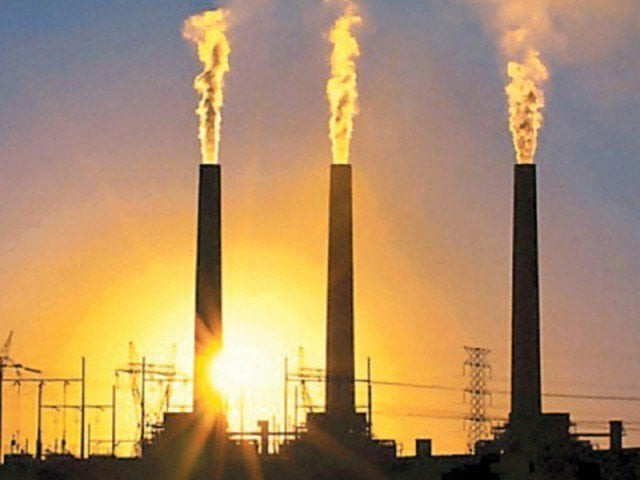All consumers should share LNG cost, say gas companies
It may lead to over 100% increase in prices of locally produced natural gas.

The commission suggests that power producers, the real beneficiaries of LNG import, should be asked to bear the cost of LNG supplies. STOCK IMAGE
Gas utilities – Sui Southern Gas Company (SSGC) and Sui Northern Gas Pipelines Limited (SNGPL) – have asked the government to calculate the weighted average price of locally produced natural gas and imported LNG in order to determine the consumer price, say officials familiar with the development.
It will cause an increase in gas prices for all consumers, including domestic, commercial and industrial sectors.
“Influential lobbies among power producers and different industries are also calling on the government to arrive at the weighted average price of expensive LNG and cheaper natural gas in an attempt to force other consumers to bear the LNG cost,” said an official while talking to The Express Tribune.
Power companies had already refused to pay for expensive LNG and were reluctant to open standby letters of credit for gas import, he added.
Already, the weighted average formula is applied in the case of determining oil prices, but in this the share of locally produced oil is very low. In sharp contrast to this, the share of domestic gas production is higher in overall gas consumption.
If the proposal given by gas utilities is accepted, all consumers will face an increase in gas prices even if they do not consume LNG.
The government is also grappling with the issue of payments for LNG supply and as a result it has not been able to ink an LNG import agreement with Qatar. According to officials, the weighted average mechanism will help the gas utilities to take control of LNG supply which they want.
Citing an example, officials say Pak Arab Refinery paid for LNG imports about a month ago, but it did not get the full share of gas while other influential people got LNG on credit.
“Serious investors are upset over the demand of gas utilities which want control over LNG supplies,” an industry source said.
Officials point out that international LNG suppliers are also opposed to the proposed weighted average price as they are looking for bulk consumers and seeking payments from those who will consume it.
The previous government of Pakistan Peoples Party (PPP) had also tried in 2012 to calculate the weighted average price of gas, but it drew strong criticism.
According to officials of the Planning Commission, gas consumers will have to pay up to $10 per million British thermal units (mmbtu) compared to the existing tariff of $2-4 per mmbtu. They have fiercely resisted attempts aimed at passing on the impact of higher LNG prices to the consumers.
The commission suggests that power producers, the real beneficiaries of LNG import, should be asked to bear the cost of LNG supplies. LNG is being imported essentially as an alternative to furnace oil, therefore, power companies have the responsibility to pay the additional cost, it says.
“The government claims that the country will save billions of dollars by replacing furnace oil with LNG as the latter is comparatively a far cheaper fuel. It is strange that gas utilities want all sectors to share the high LNG cost,” remarked a government official.
Published in The Express Tribune, May 7th, 2015.
Like Business on Facebook, follow @TribuneBiz on Twitter to stay informed and join in the conversation.



















COMMENTS
Comments are moderated and generally will be posted if they are on-topic and not abusive.
For more information, please see our Comments FAQ